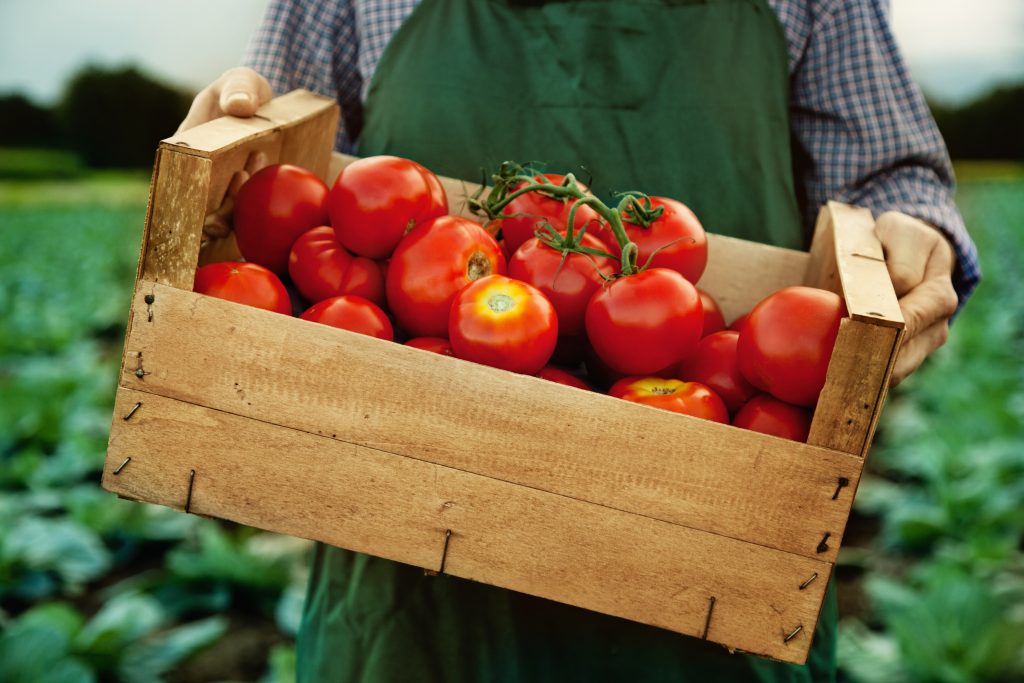
By Clint Thompson
It is no secret that COVID-19 provided challenges to the food supply chain and obstacles for vegetable and specialty crop producers hoping to remain sustainable amid a global pandemic.
But one aspect of the pandemic is that it has boosted consumer awareness of where their food comes from. Growers and industry leaders believe a ripple effect from the pandemic is that consumers are more cognizant of who produces their fresh fruit and vegetables. The U.S. does not have to rely on foreign produce, especially when there are ample amount of growers in Florida.
It is an impact that tomato producers need to capitalize on, says Michael Schadler, manager of the Florida Tomato Committee and executive vice president of the Florida Tomato Exchange.
“I think that’s a silver lining in this whole COVID thing. People are more aware of supply chains and where things are coming from. That’s certainly true when it comes to things like pharmaceutical inputs as we saw when this COVID crisis began, and that’s true with food as well,” said Schadler. “I think philosophically, Americans understand that they don’t want to be reliant on imports when it comes to something so fundamental and tangible as food. American farmers need to capitalize on that.”
FDACS Statistics
The Florida Department of Agriculture and Consumer Services reported staggering statistics that highlight the recent rise of Mexican tomato imports and the subsequent steady decline of Florida production.
Mexico’s U.S. market share in tomatoes was 66% in 2020, compared to 28% for Florida. Mexican imports of tomatoes increased from $1.5 billion in 2012 to $2.38 billion in 2020; a margin of 51%. Its average sales were $1.9 billion, compared to Florida’s annual sales of $387 million.
There has been a 52% decline of Florida tomato production from 2002 to 2019. Mexican imports of tomatoes expanded by 152% from 2005 to 2020.
“Obviously, trade is always contentions because there’s some segments of American agriculture that greatly benefit from trade. They’re export oriented. There are other segments of agriculture like the tomato industry that are adversely affected by imports from trading partners like Mexico, like Canada,” Schadler said. “We’re also concerned, not just about dumping, but illegal subsidies that have been rampant in Mexico over the last 10 to 20 years.
“It’s an issue that affects a wide swath of American agriculture.”









